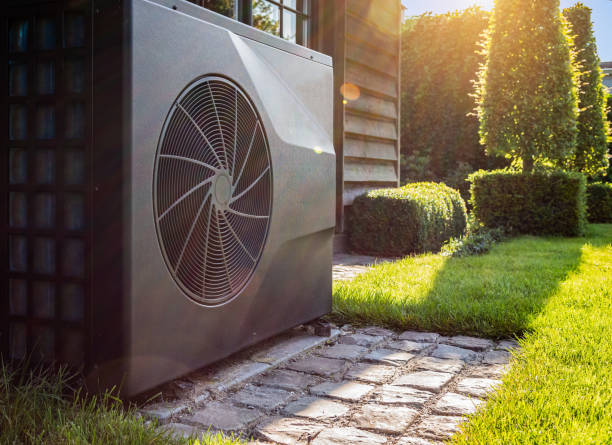How To Choose The Right Size Heater For Your Pool

How To Choose The Right Size Heater For Your Pool
If you live in Florida, having a pool in your backyard is almost a necessity. And while the state is known for its warm weather, the temperature of the pool water can still be too cold for a comfortable swim, especially during the cooler months. That’s where pool heaters come in, and choosing the right size pool heater for your Florida pool is crucial for maximum efficiency and enjoyment.
Pool Surface Area
The first step in choosing the right size pool heater for your Florida pool is to determine the pool’s surface area. To do this, measure the length and width of your pool in feet and multiply them together. For example, if your pool is 20 feet long and 10 feet wide, the surface area would be 200 square feet. This number will be important when calculating the BTU (British Thermal Units) needed to heat your pool.
Temperature of Your Pool
The next step is to consider the desired temperature of your pool. This will depend on personal preference, but the average temperature for a comfortable swim is around 82 degrees Fahrenheit. Keep in mind that the temperature of your pool can affect the size of the heater you need. The larger the temperature difference between the desired pool temperature and the current temperature, the larger the heater required.
BTU Calculator
Once you have determined the pool’s surface area and desired temperature, you can use a BTU calculator to determine the size of the heater you need. A BTU calculator will ask for the pool’s surface area, desired temperature, and the average temperature of your coldest month. For example, if your pool’s surface area is 200 square feet, the desired temperature is 82 degrees Fahrenheit, and the average temperature of your coldest month is 60 degrees Fahrenheit, a BTU calculator will recommend a heater with a minimum output of 80,000 BTUs.
Types of Heaters
It’s important to note that the size of the heater is not the only factor that affects its efficiency. Other factors, such as the type of heater, the location of the pool, and the type of pool cover used, can also impact its efficiency. Gas heaters are the most popular type of pool heater in Florida because they are relatively inexpensive to install and maintain, and they heat the pool quickly. However, they are also the least energy-efficient and can be expensive to operate.
Electric heaters, on the other hand, are more energy-efficient and can be less expensive to operate in the long run, but they take longer to heat the pool and can be more expensive to install. Solar heaters are the most energy-efficient option, but they can be expensive to install and require a lot of space for solar panels. They also depend on the weather and the amount of sunlight available, so they may not be ideal for every Florida home.
Location of Pool
Another factor to consider is the location of the pool. If your pool is located in an area that receives a lot of sunlight, a solar heater may be a good option. If your pool is located in an area that is shaded for most of the day, a gas or electric heater may be a better option.
Pool Covers
Using a pool cover can help increase the efficiency of your pool heater by reducing heat loss through evaporation. A pool cover can also help keep debris out of the pool and reduce the amount of time and money spent on pool maintenance.
Choosing the right size pool heater for your Florida pool is important for both efficiency and enjoyment. By considering the pool’s surface area, desired temperature, and the average temperature of your coldest month, you can determine the size of the heater you need. Additionally, considering factors such as the type of heater, the location of the pool, and the use of a pool cover can also impact the heater’s efficiency. By taking these factors into account, you can choose the best pool heater for your Florida home and enjoy your pool year-round. If you need help finding the best pool heater for your pool, contact us today!
